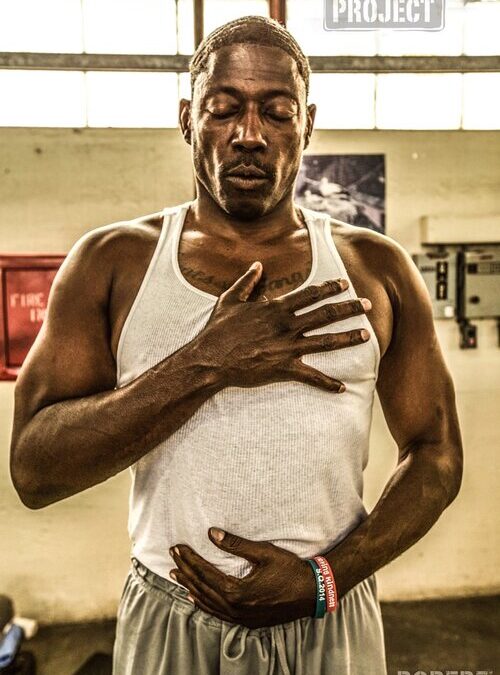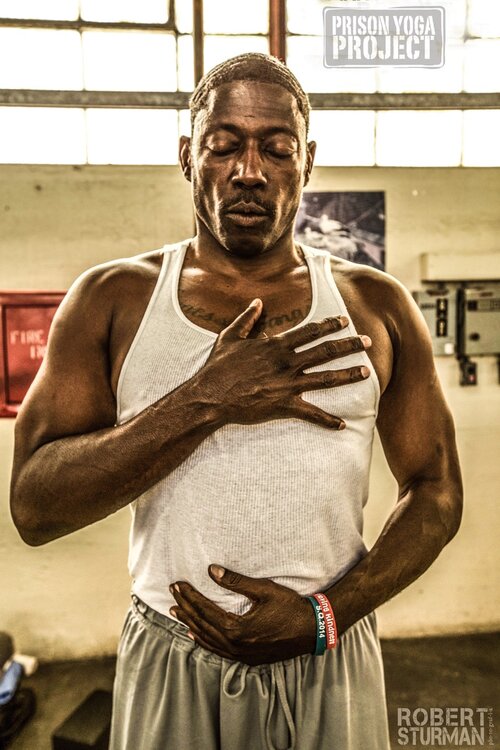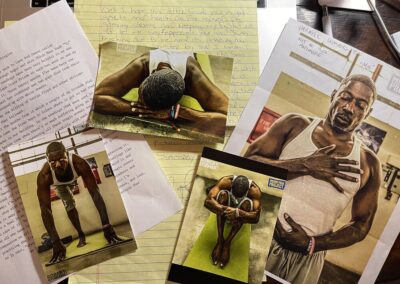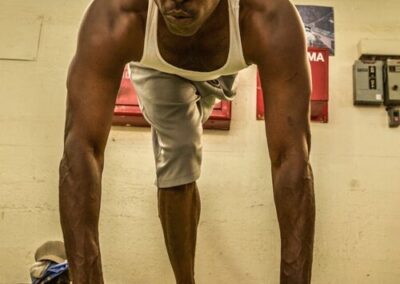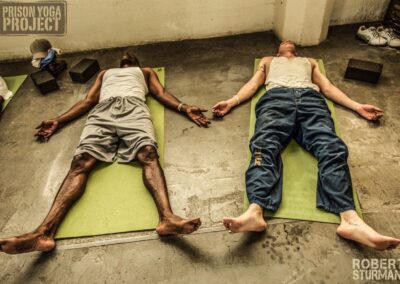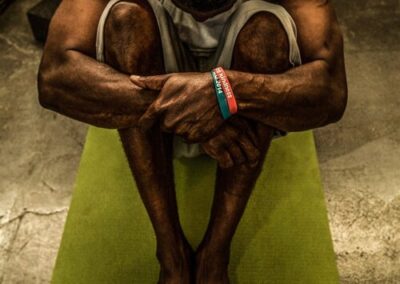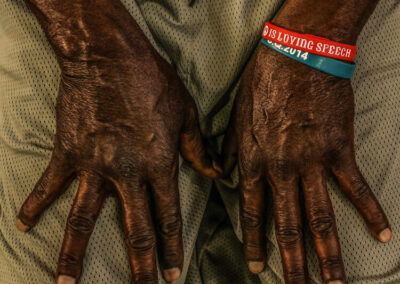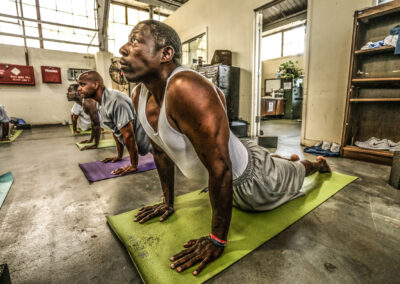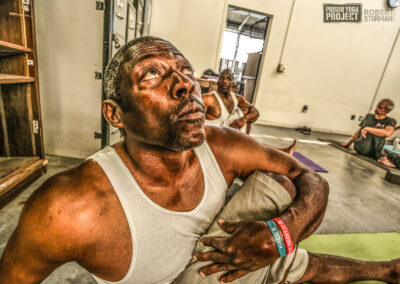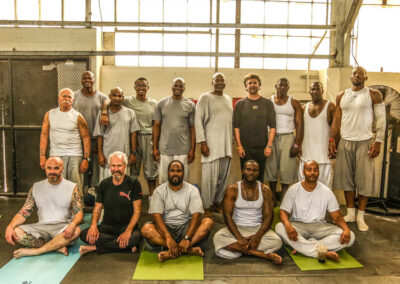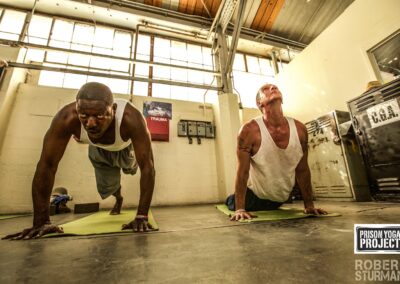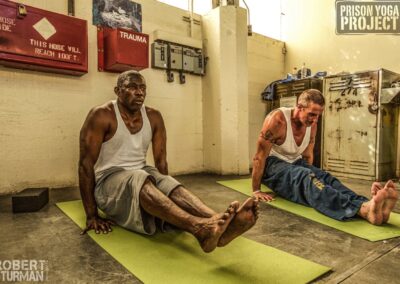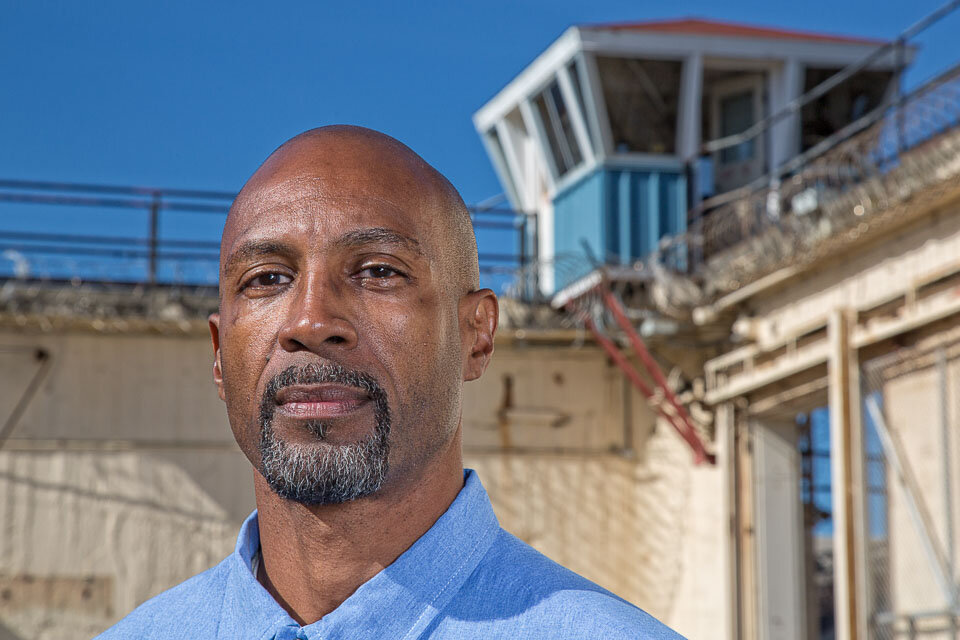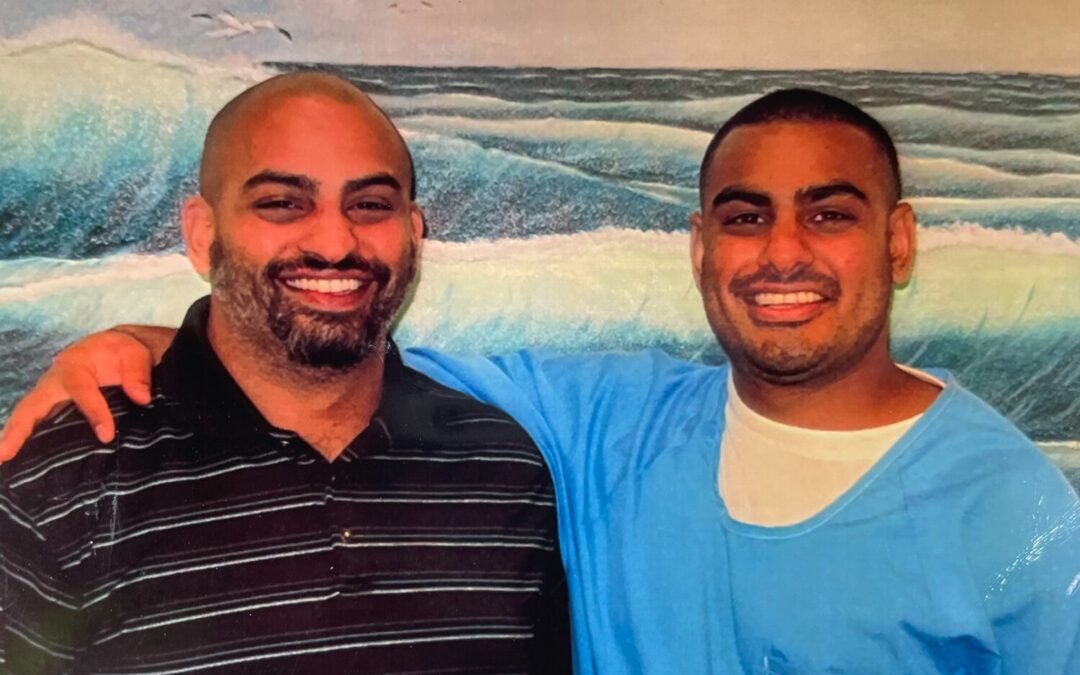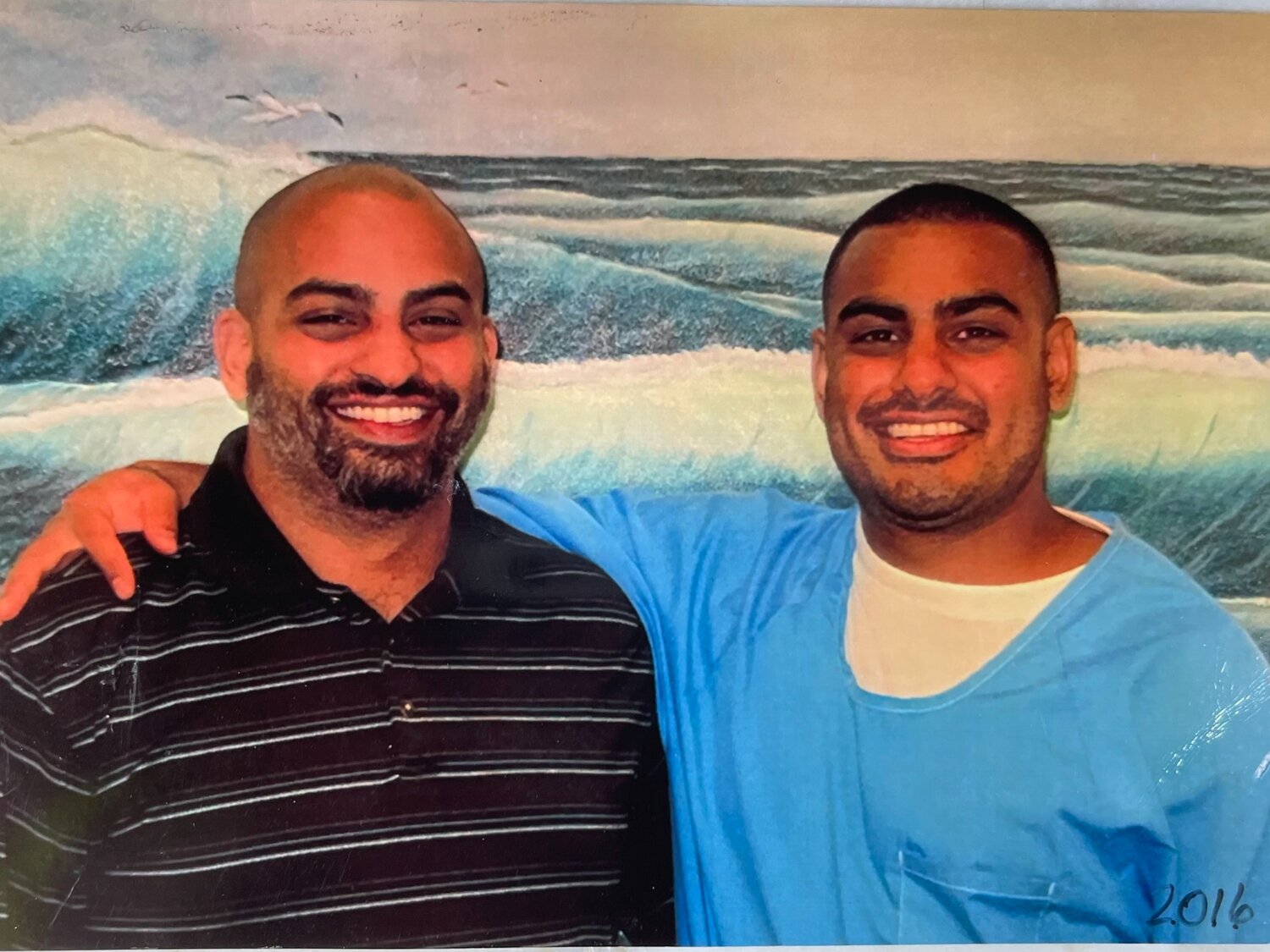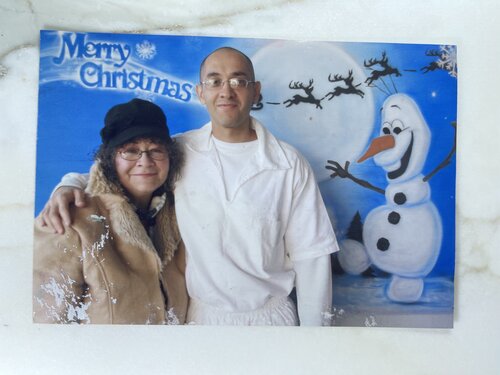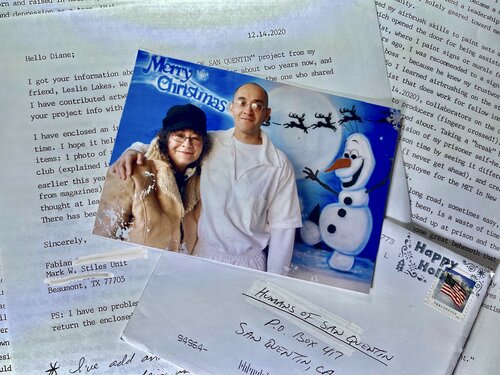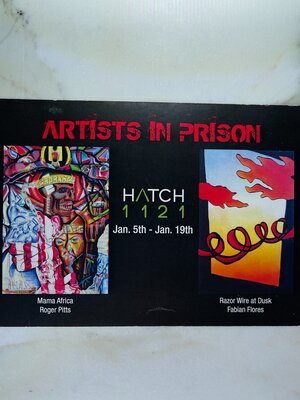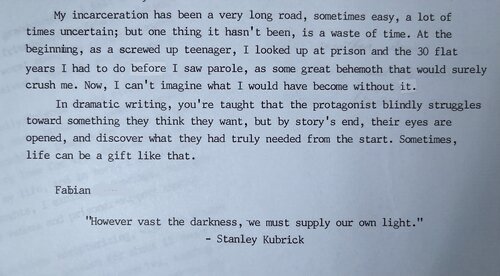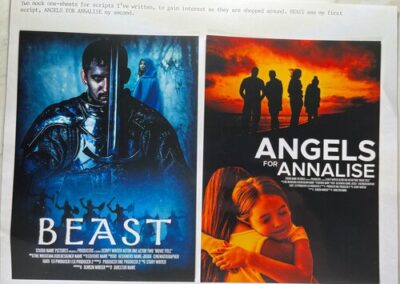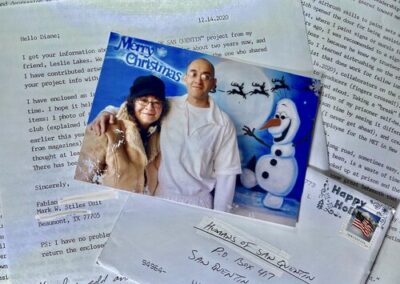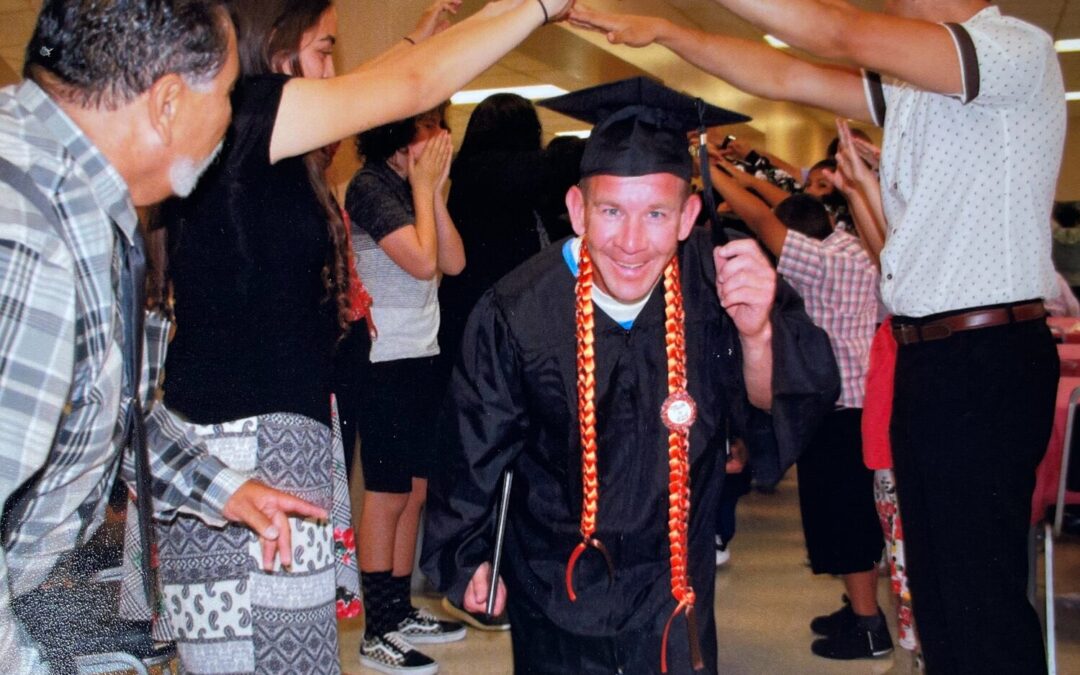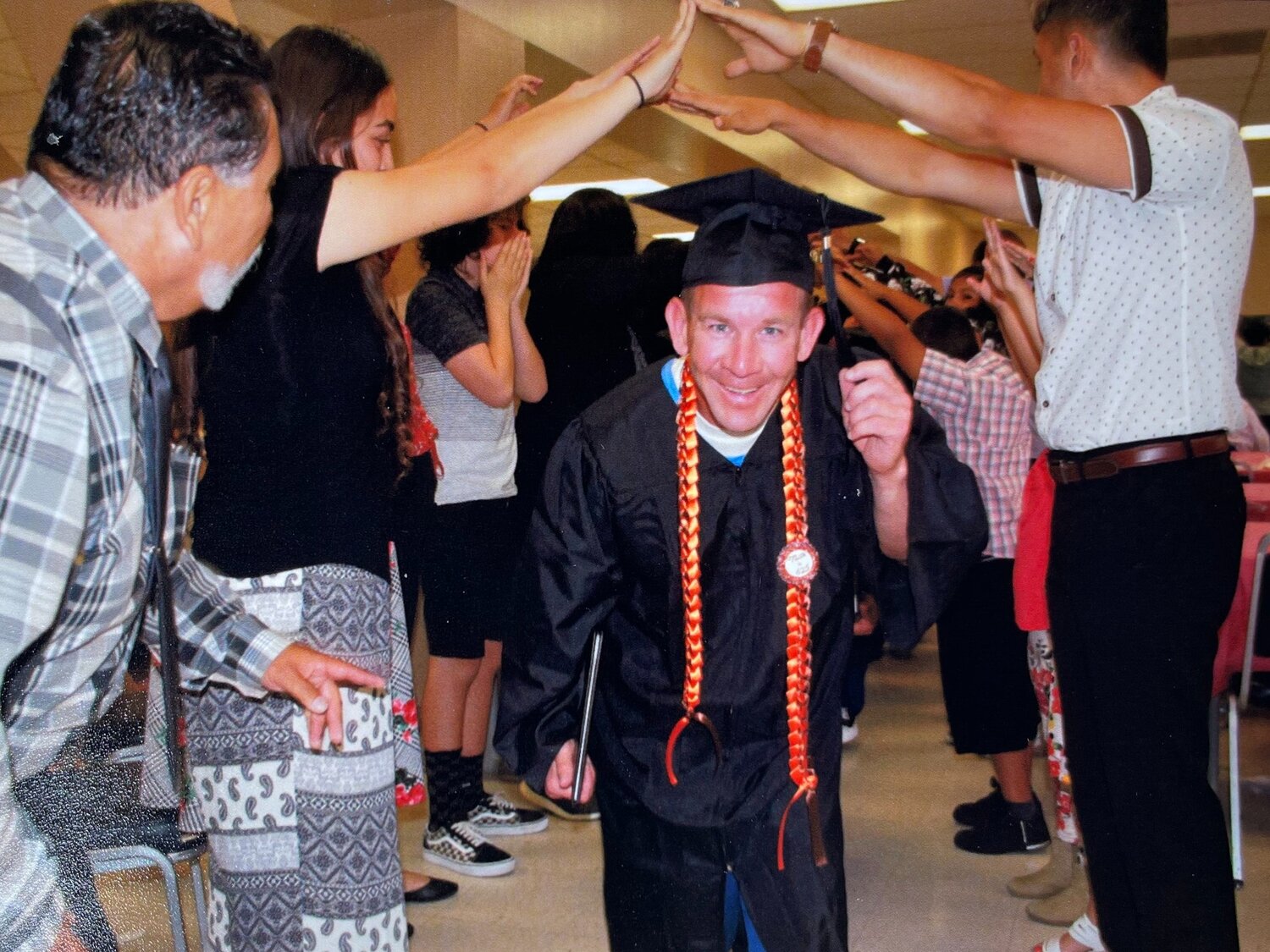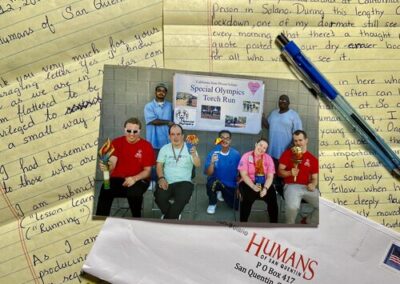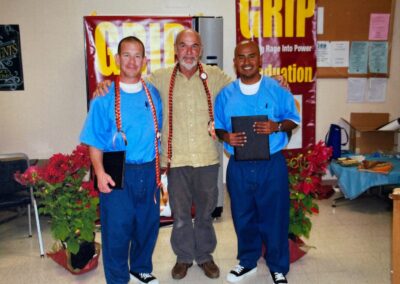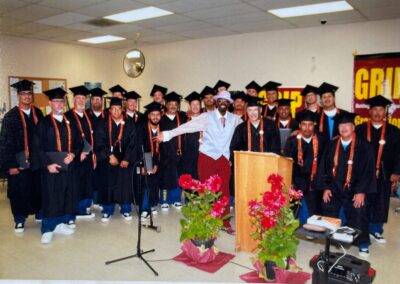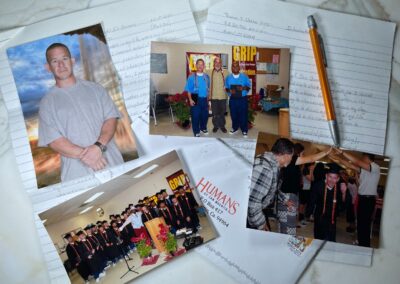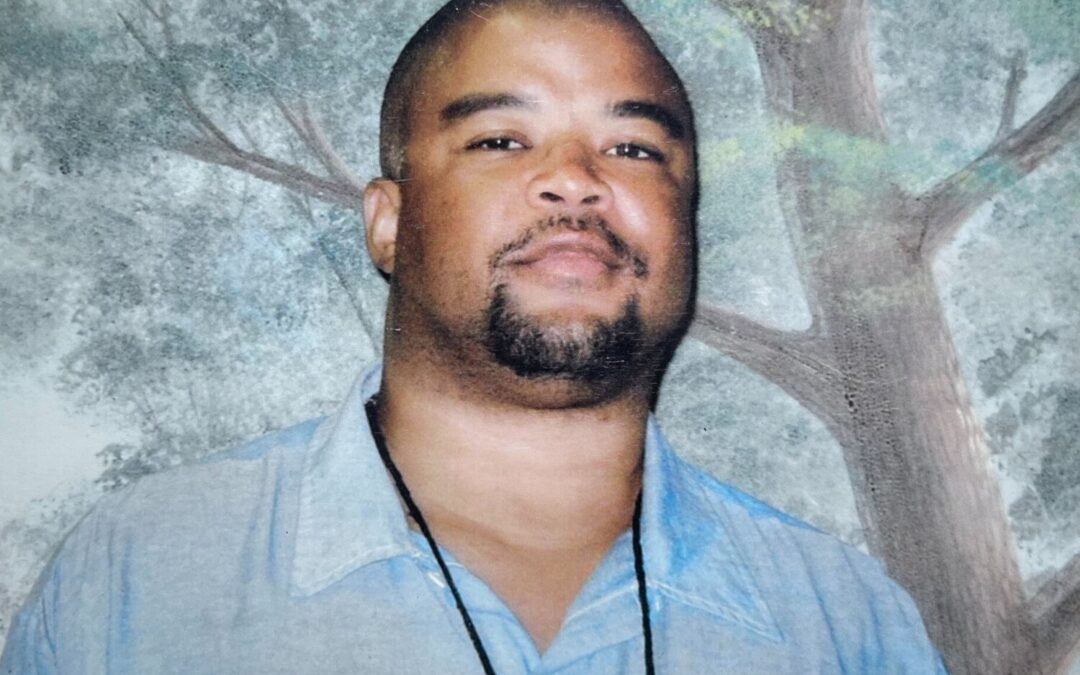
Dennis, 49
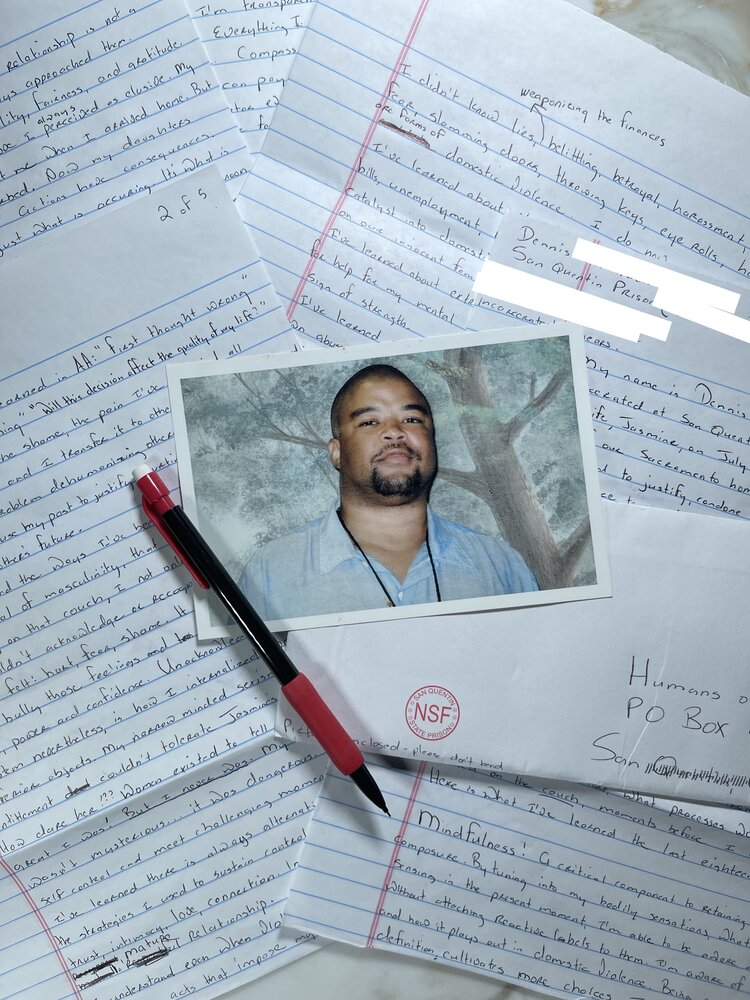
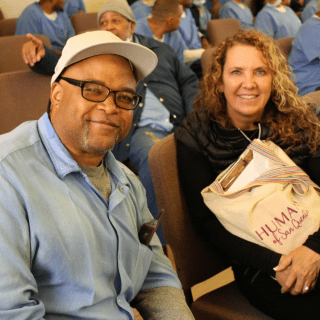
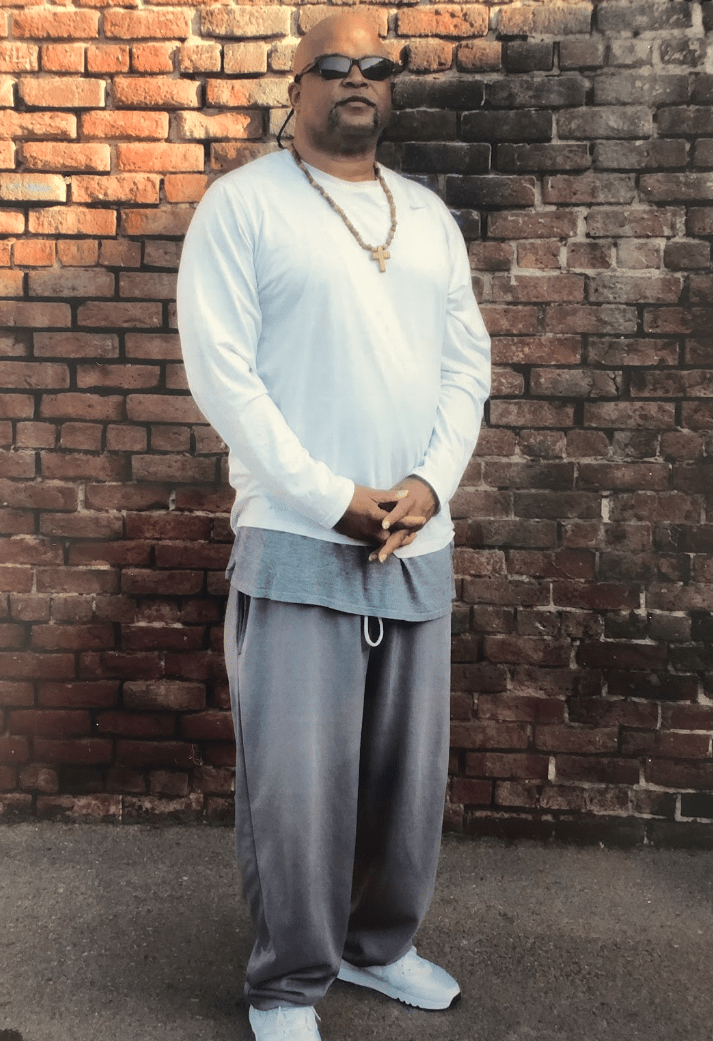
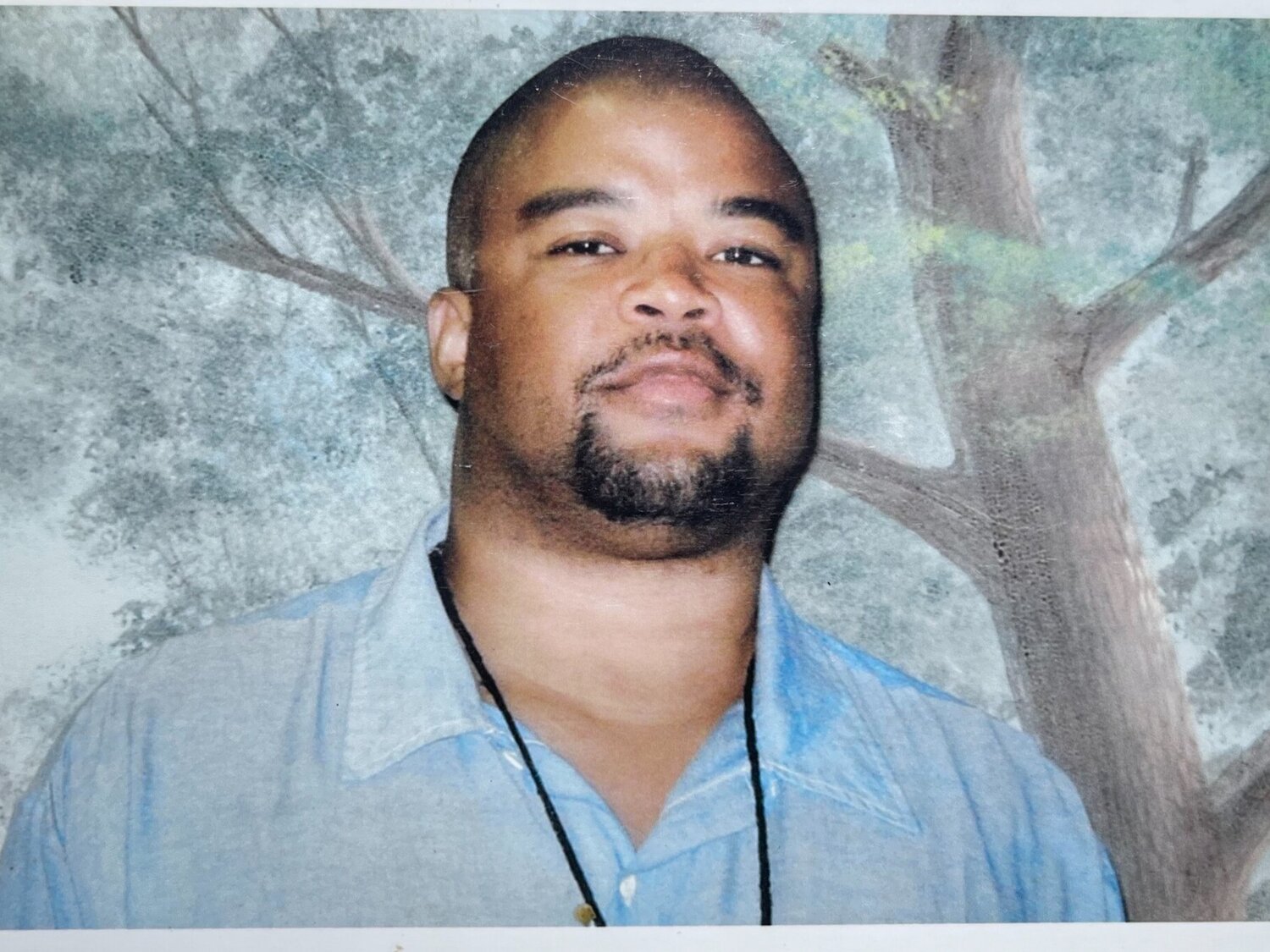
Meet Dennis Jefferson…
I’ve learned that domestic violence, intimate partner violence isn’t a crime of passion, an anger problem, snapping, losing control, or fostered by substance abuse. It is about power. And control. And it is always a choice.
I’m currently incarcerated for murdering my wife, Jasmine, in our living room. Nothing I write here is intended to justify, condone or absolve me of accountability for my choice to use violence against Jasmine. It was inexcusable, criminal and I pleaded guilty because I was guilty. It is my fault. I didn’t know what I didn’t know – 18 years ago or even threads that stretch back to the 1970s. I was imprisoned by my thoughts before I came to prison. Besides walking the paths of shame, regret, remorse and guilt, I engaged in the folly of what I could’ve done differently to de-escalate a conversation that went from civil to homicide that afternoon. I am going to share with you the processes that would have kept me seated on the couch moments before I attacked Jasmine.
Here is what I’ve learned the last eighteen years:
Empathy
That fateful afternoon I distortedly told myself, Jasmine was the enemy, my tormentor. I was the victim. She was an awesome mother, a good wife and she deserves better. I didn’t tell myself the right story. I didn’t question if my thoughts were real or reel. I recall the pain of my mother’s sudden passing when I was 18. The despair, the tailspin, the loss. But I didn’t recall that memory as I came off the couch and attacked Jasmine, essentially making my three daughters at daycare orphans. I never disrespected my mother or grandmother, I was on my best behavior around these women. So why not my wife?
Toxic Masculinity
I now understand I was socialized into a warped ideal of masculinity, that was toxic in its origin. Sitting on that couch, I not only denied being in pain but I wouldn’t acknowledge or recognize my primary emotions: hurt, fear and shame. It was more comforting to let anger bully those feelings and convert them into false pride, power and confidence.
Seeking Help
I’ve learned about extreme individualism. I didn’t ask for help for my mental health issues because it wasn’t a sign of strength or seen as manly.
Mindfulness
A critical component to retaining dignity and composure. By tuning into my bodily sensations, what I’m physically sensing in the present moment, I’m able to be aware of my thoughts without attaching reactive labels to them. I’m aware of aggression and how it plays out in domestic violence. Being grounded by definition cultivates more choices. They include inner dialogues I’ve learned in AA: “First thought wrong” “Do the next right thing” “Will this decision affect the quality of my life?”
Domestic Abuse
I understand even when violence isn’t physical, there are other acts that I used to impose my will on my partners. I didn’t know belittling, betrayal, harassment, coercion, fear, lies, slamming doors, throwing keys, eye rolls, weaponing the finances and heavy breathing are all forms of domestic violence. I do now. I’ve learned that daily life stressors such as bills, unemployment and medical issues can pressure cook and be catalysts for domestic abuse.
Childhood Trauma
I’ve learned I wasn’t responsible for my upbringing, my own abuse and trauma. Now, as an adult, I’m responsible for my choices. I’m responsible for not seeking a sponsor or mentor to help me reimagine the poor example of manhood I saw as a child. I was a man-child, needy and dependent. I mentally never left home. I continually burdened my partners with unrealistic expectations, seeking the parent I never had.
I’ve learned to hold my own hand.
I’ve learned about the shame and the pain I’ve carried all my life. I’ve recycled it and I transfer it to others dehumanizing feelings. In the past, I never had a problem dehumanizing others. Now, I’ve learned I can’t use my past to justify hurting others. My past shouldn’t be another’s future.
Relationships
A relationship is not a win-lose zero sum game, as I’ve always approached them. I’ve been taught the concept of time-outs. Where mindfulness meets intention in an escalating heated situation. I’ve learned about fair negotiating, effective communication, agreeing on how to disagree. The 48-hour rule where a couple can revisit a disagreement in two days to determine if it is still relevant. I had a family that loved me, the love I always perceived as elusive. My daughters would run outside to greet me when I arrived home. But my mind was shallow and self-absorbed. Now my daughters run from me, 18 years later. Actions have consequences. In critical moments, it’s not just what is occurring. It’s how the story is being told, about what is occurring. After myself evaluation, I realized I lacked the values of grace, humility, fairness, and gratitude.
Adulting
I’ve learned that starting my own family was a privilege, a responsibility, not a right or accessory. I had a family yet I acted as if I was a bachelor. I now know to pick a lane and stay true to it. An unacknowledged belief system is how I internalized women, they were weak and inferior objects. My narrow minded sexism and sense of entitlement couldn’t tolerate Jasmine’s standing up for herself. Women existed to tell my fragile ego how great I was. My abusive dysfunction was dangerous. I’ve learned there are always alternatives to violence. Real men maintain self-control and meet challenging moments with integrity. That the strategies I used to sustain control with women consistently undermined our trust, intimacy, love and connection. In other words, an equally satisfying mature relationship.
Today
In San Quentin, I facilitate groups on domestic violence and share these lessons with men who will return to their community and relationships, where I’m transparent in sharing my narrative. Everything I do is about amends, to honor Jasmine. Compassion, kindness, advocacy. I can’t pay it back, but I can pay it forward. Remorse and guilt aren’t silent spectator events. I’ve never rationalized or blamed anyone for my choices that day. That’s like looking in the mirror, seeing a dirty face, and wiping the mirror. San Quentin’s culture of transformation has allowed me access to education, resources, literature, workshops and self-help groups where I gained insight and understanding into how my anti-social beliefs and actions became normalized; to see the unseen foundation of my attitudes to make the unconscious conscious.
I’m responsible for taking my daughter’s mother.
For Jasmine not reaching her future, her benefit to society.
I rightfully sit in this cell.
I’m a cautionary tale.
If someone reads this in the community…
before a family is annihilated by patriarchal recklessness
before someone is taken that isn’t yours to take
before an act is committed that can’t be undone
before the action that ends will never be unseen
before residency is taken up in these cold, lonely institutions
before tears stain the pillows every night
before the life sentence
before the children have to go to the cemetery to visit their parent
…choose responsibility before you leave the couch.
December 2021
Red Flag Journals: Gaslighting / Economic Abuse
A recent homework question, “Do you think psychological abuse is more devastating than physical abuse?” I paused before I answered yes. I’m able to give that answer in confidence because I’ve utilized years of incarceration to educate myself on the many subtleties of intimate partner violence.
I understand that physical abuse is an arrestable offense and carries with it legal as well as social consequences. Yet this knowledge doesn’t make psychological abuse any less deplorable; it is an attack on a victim’s dignity, an undermining of their self-worth, wounds that linger long after the physical fade away. It is a sad reality that I’ve used these types of mental abuse without truly understanding my own dark objectives, to tear my partners down so that they are easier to manipulate.
In the last days of our marriage, I sensed the balance of power shifting in my wife, Jasmine’s favor. I grew increasingly panicky, resentful and desperate. Being an entitled, privilege male, I assured myself that I have a right not to feel hopeless. As Jasmine slipped away and the containment tactics failed, I reached into my tool box for a solution. But it has always been a shallow, irrational box, with only room for one tool: violence.
I saw a movie once, “Gaslight”, where a husband manipulates and dims the lights in the home. When his wife complained, he assured her that she is imagining things; he is certainly not turning the lights down. His dishonesty was breathtaking. And while his conduct was nonphysical, his attitude and discounting was abusive in nature. I’m guilty, just like this fictional husband, because I was gaslighting Jasmine, manufacturing her reality. I denied I was scared of abandonment. That I could hold my own hand and get through a tough time with dignity, the way millions of people do daily. ‘Crazy-making.’
I chose to weaponize both the household income and Jasmine’s insecurities. I cut off her finances, restricting her access to funds and resources which I knew was a source of independence. As well as planning outings that probably didn’t include me. My goofy scheme of withholding was designed to increase her reliance on me, returning my misappropriated power. My dark strategy, while unethical, had some logic to it. As our marriage deflated, Jasmine’s first priority remained, keeping a roof over our three daughter’s heads. She wanted better for her girls – much more than the chaos, dysfunction and brokenness of her own inconsistent childhood. I knew this and banked on this. I capitalized on this intimate knowledge, handing her a “crazy – making” script of false financial assurances. It ensured that she would silence her personal survival instinct for a greater good: hope for her daughter’s well-being. This trap was all smoke and mirrors, false security.
The irony is I was more scared, frustrated and hurt than she was. I saw another setback, defeat, a loss I couldn’t handle with grace. Prior to this I wasn’t a family man, I was just a man with a family. I was in a terrible fight or flight state, making honeymoon promises about the institution of marriage, showing little respect.
I installed a house of cards, the secret of unimaginative patriarchy. I was the needy one, but I disguised it in bluff, denial and finally desperate rage. I was threatened by her responsible strength which contrasted my shameful weakness.
I think about my homework questions and it is the wrong question when I relate it to my personal life. All abuse is devastating and immoral.
I don’t ask why didn’t Jasmine just leave; the real question should be why didn’t I just let her go?
December 2021
Red Flag Journals: This is What That Feels Like
I did not want to come to San Quentin. And it is a fact that I did what I could to avoid the transfer. I was firmly embedded at California Men’s Facility in Vacaville where I made the best of an end-of-the-line kitchen job. At that prison, I could watch the sands of self-loathing run out of the hourglass of hopelessness.
When the counselor announced that I was being shipped out, I had the nerve to act indignant; I felt bullied. I didn’t want to go! I was being controlled!
OOOOHHHH, so this is what that feels like!
I may have taken some comfort in the ideals that I was being victimized, but the truth was a lot stranger – I was a hypocrite. In my life before prison, I had made controlling others a dark principle. Feeling entitled in my male privilege. I needed to rule partners who could polish my ego and amplify my exaggerated but brittle self-worth. In short, I needed them to be malleable. I’d co-opt their wishes, values, placing them in my personal tip jar of frantic demands and thoughtless, self-indulgent expectations.
The ‘WE’ became ‘ME’
The transfer to San Quentin isn’t the only example of capitulation and surrender. It happens frequently here throughout the day. Any resemblance to self-will is dubious and measured at best. I’m told when, where to eat, what to wear, when to shower, get fresh air, come, stop, go.
There are no choices – in doctors, church, or a friend – you take what you can get. I got up this morning and ate another unremarkable breakfast because the alternative is to starve. I defer to this authentic, institutional, patriarchal power – it is retributive, patronizing but it is undeniable. It is hardly the infantile, shallow brand of “power” I brandished over my vulnerable partners.
Any claim of sorrow, repentance, or amends would probably seem convenient if not suspicious considering the scale of my rash life choices. And I can’t say this isn’t a form of justice: the suppression I put out into the world has come home to roost.
I made cruel decisions so the state has placed me here, in a burnished cage, until I can figure out uncruelty; until I can align myself with society’s wishes and values. Until the ‘ME’ becomes ‘WE.’
Last night I was ordered off the phone. I felt checked, powerless, and disenfranchised, bossed.
OH. THIS IS WHAT THAT FEELS LIKE.

